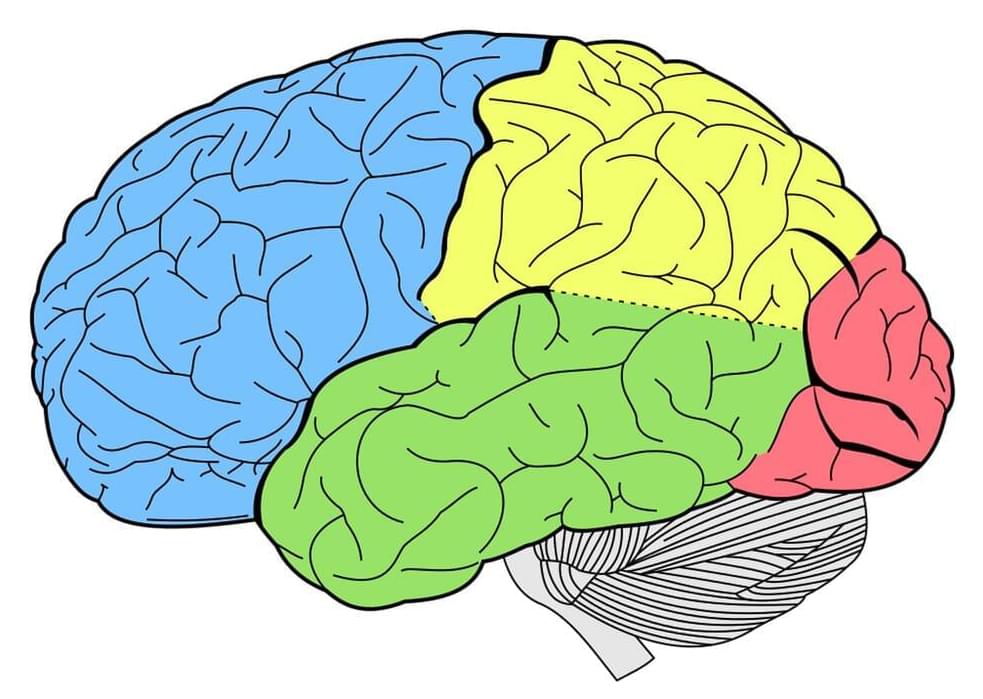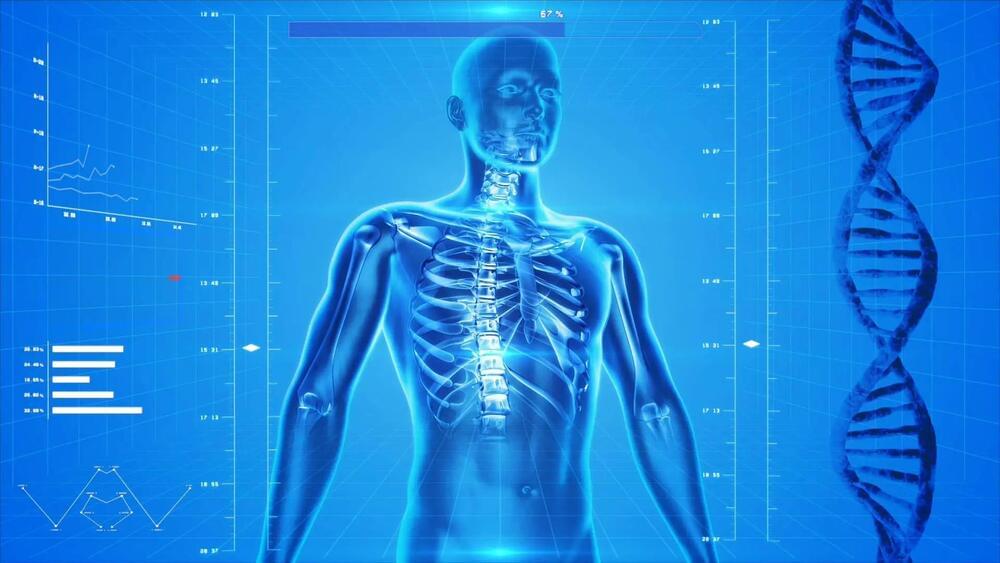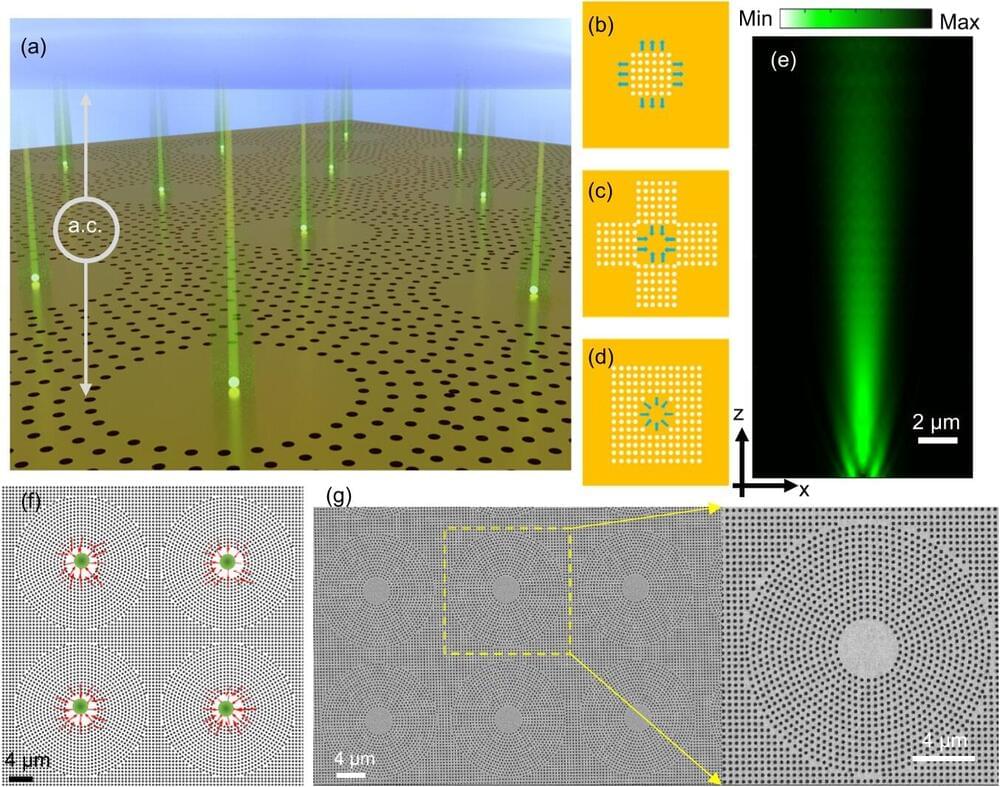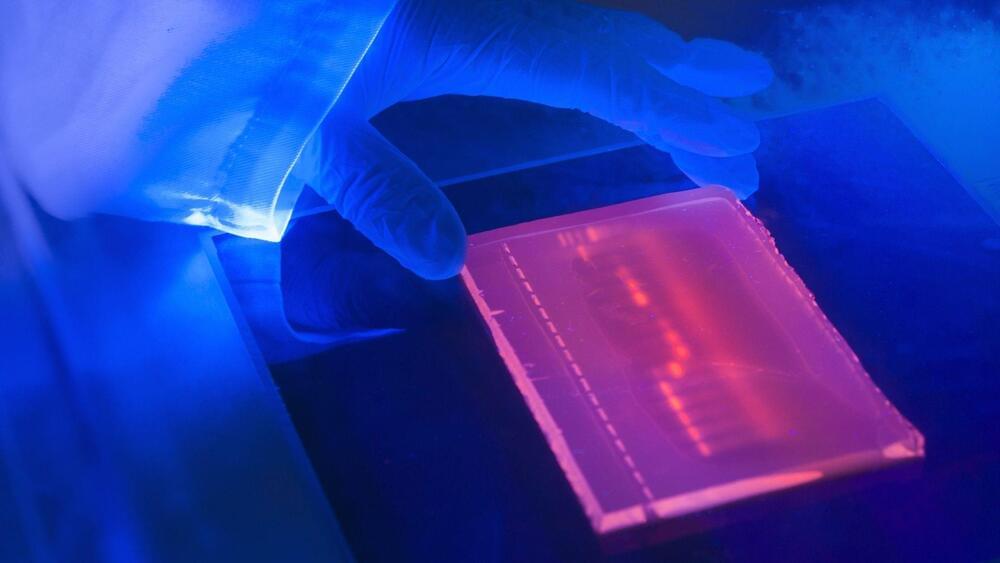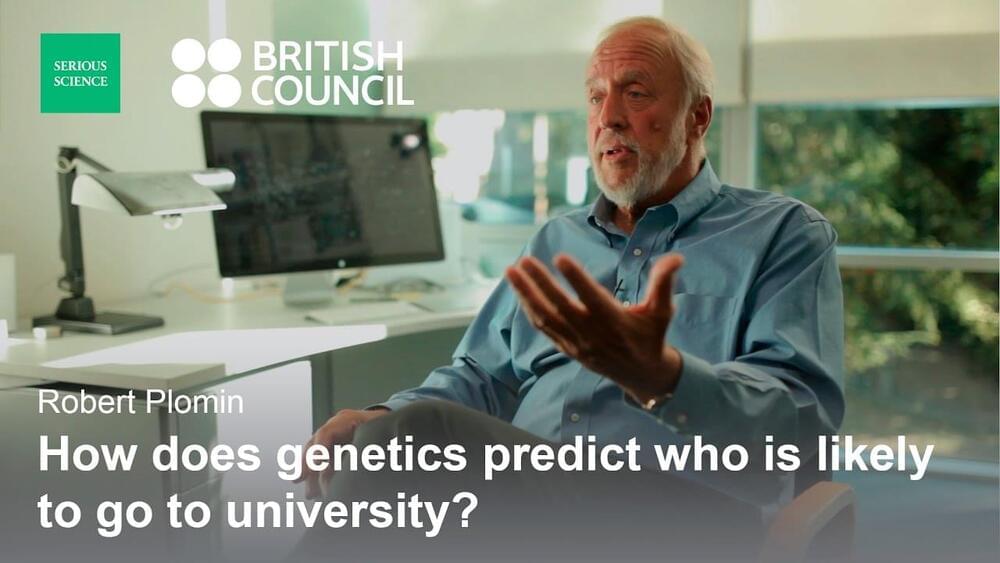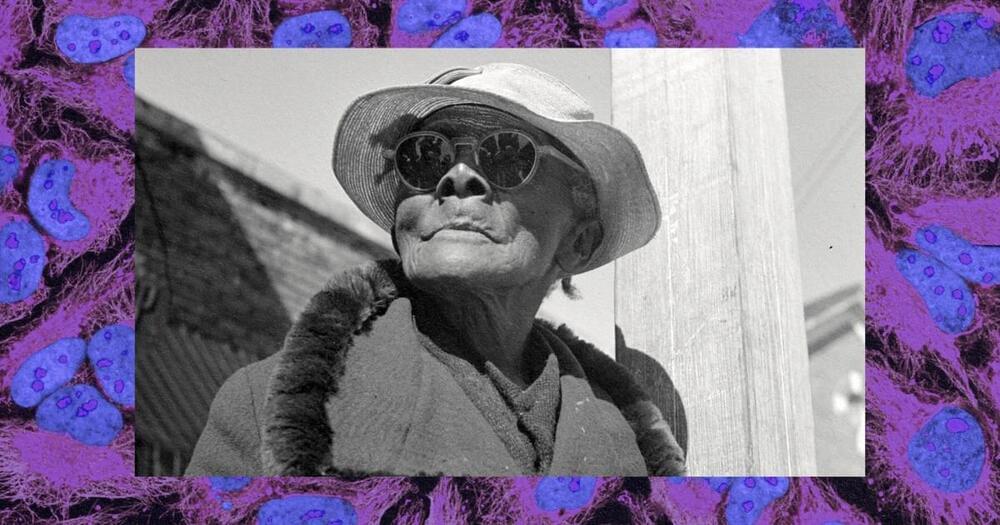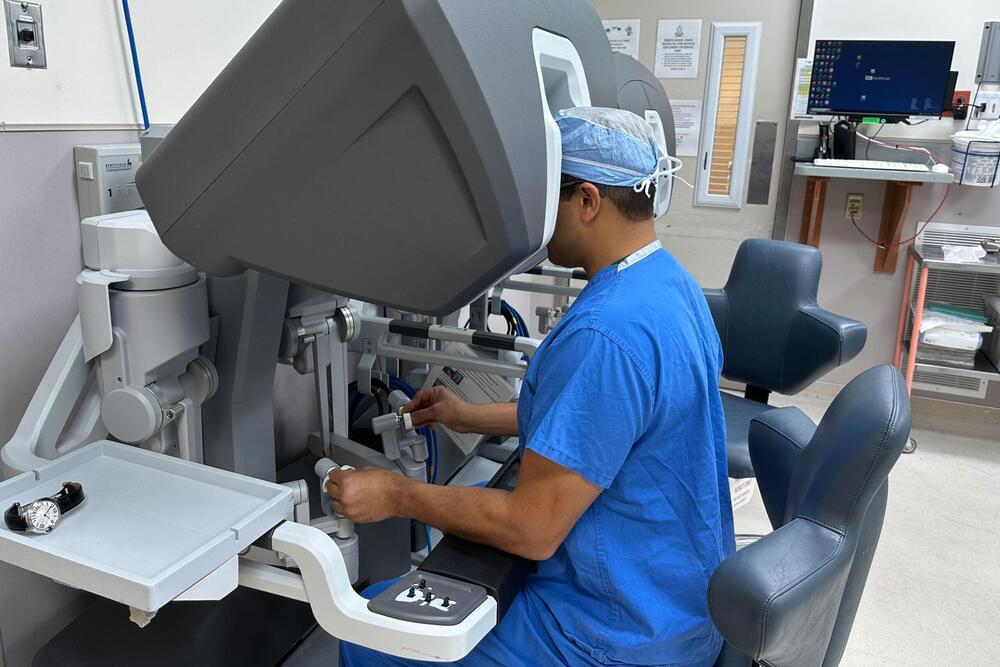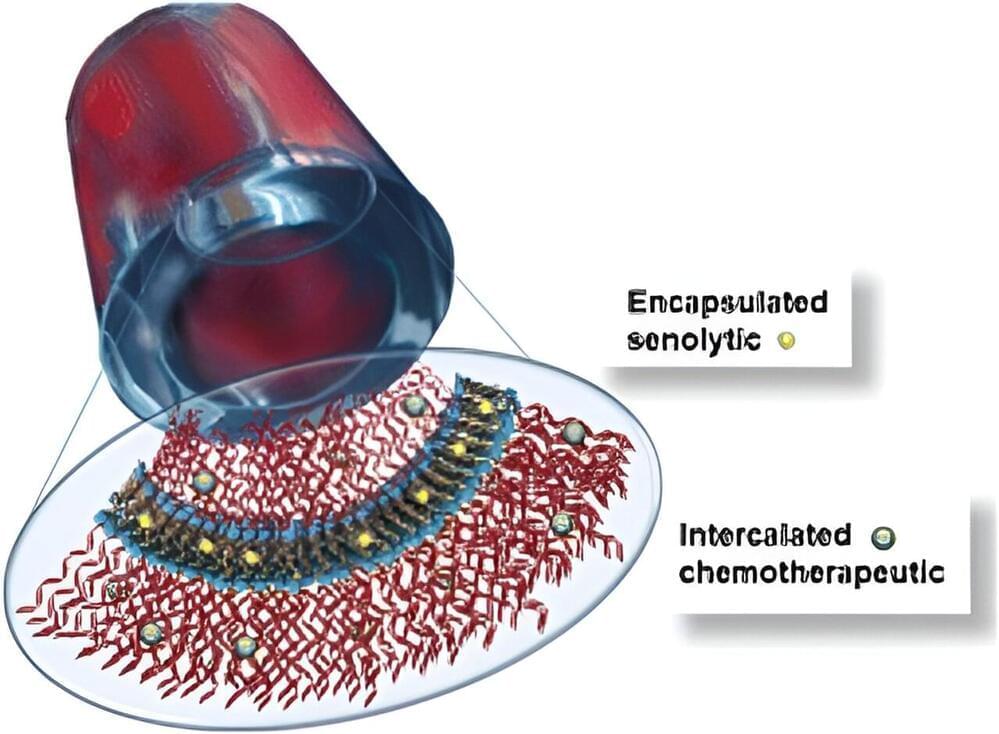Sep 17, 2023
Overeating and addiction may have roots in early human brain evolution and prosocial behaviors
Posted by Saúl Morales Rodriguéz in categories: biotech/medical, evolution, food, health, neuroscience
Research led by the Department of Anthropology and School of Biomedical Sciences, Kent State University, Ohio, has investigated neuropeptide Y innervation in an area of the brain called the nucleus accumbens of various primate species, including humans. The research was focused on understanding its role in brain evolution and any implications for human health, particularly regarding addiction and eating disorders.
In a paper, “Hedonic eating, obesity, and addiction result from increased neuropeptide Y in the nucleus accumbens during human brain evolution,” published in PNAS, the researchers suggest that the combination of increased neuropeptide Y (NPY) and dopamine (DA) within the human nucleus accumbens (NAc) may have allowed for enhanced brain development. This same configuration may have also made humans exceptionally vulnerable to eating disorders and substance abuse, hinting at addictive traits having a deep evolutionary origin.
NPY plays a role in the reward system, emotional behavior and is associated with increased alcohol use, drug addiction and fat intake. The NAc brain region is central to motivation and action, exhibiting one of the highest densities of NPY in the brain and is of great interest to researchers investigating brain-related promoters of addiction.
